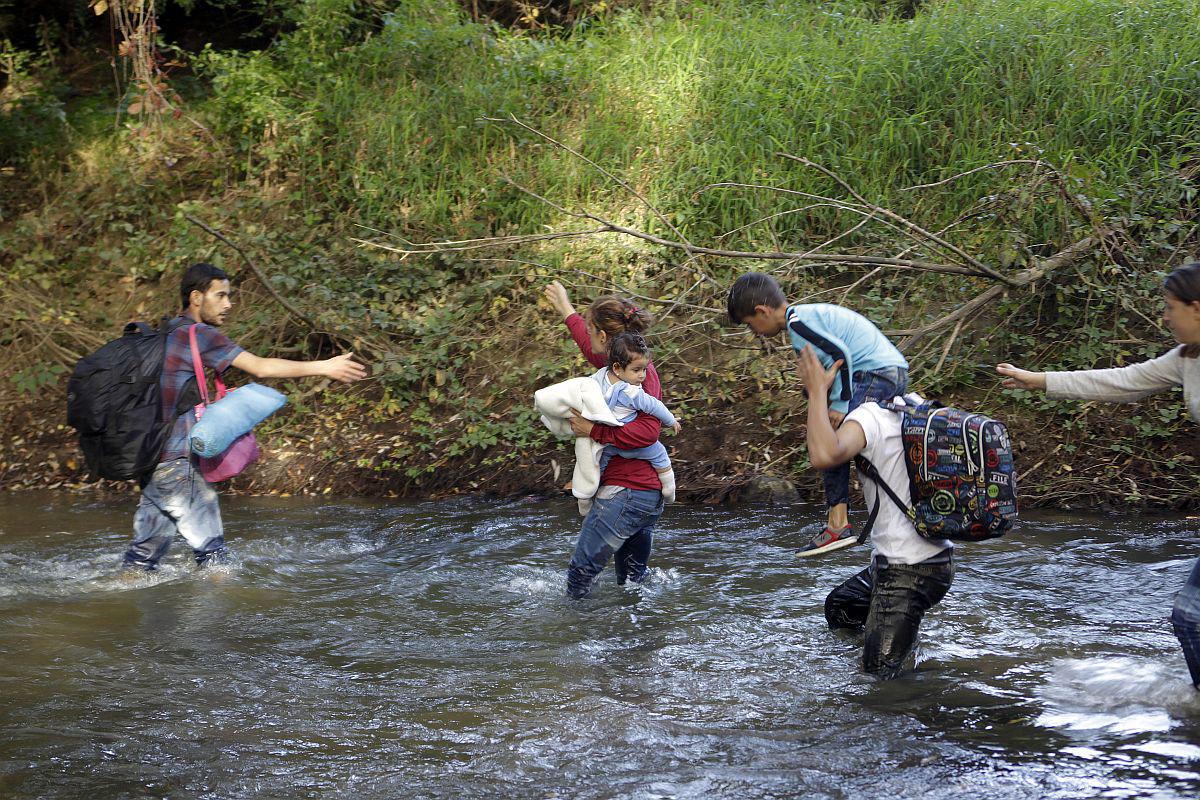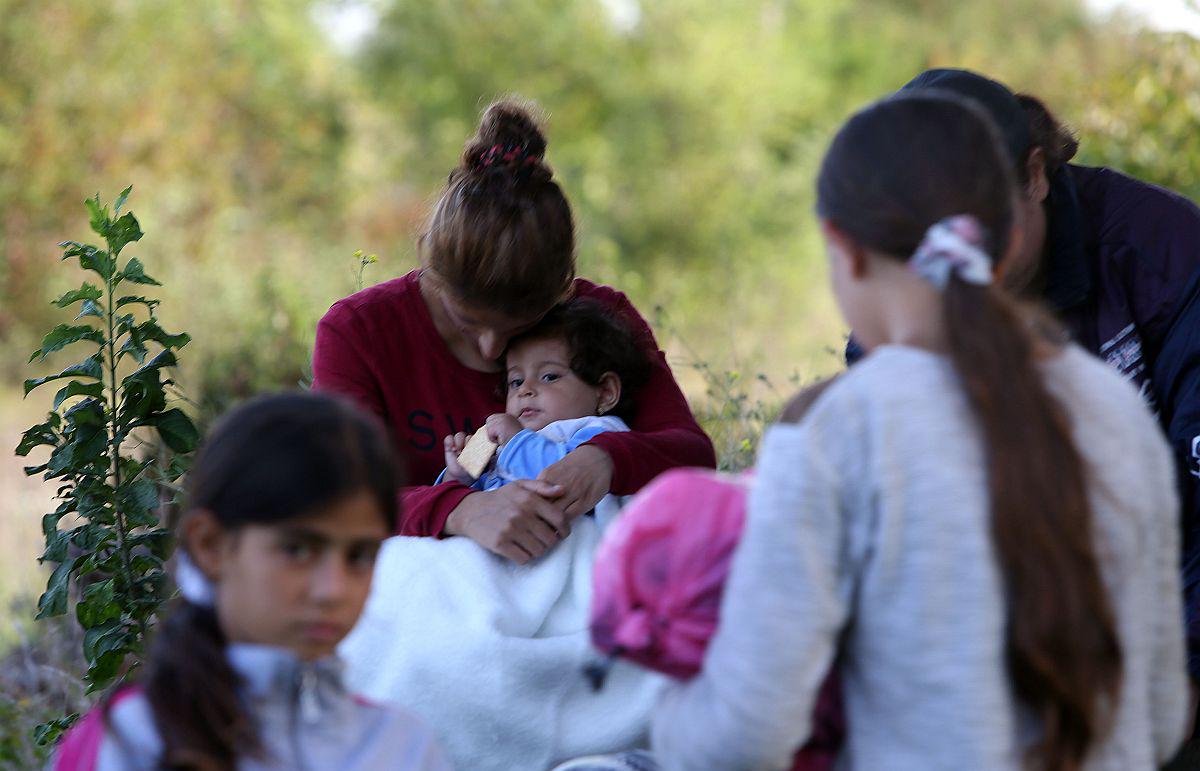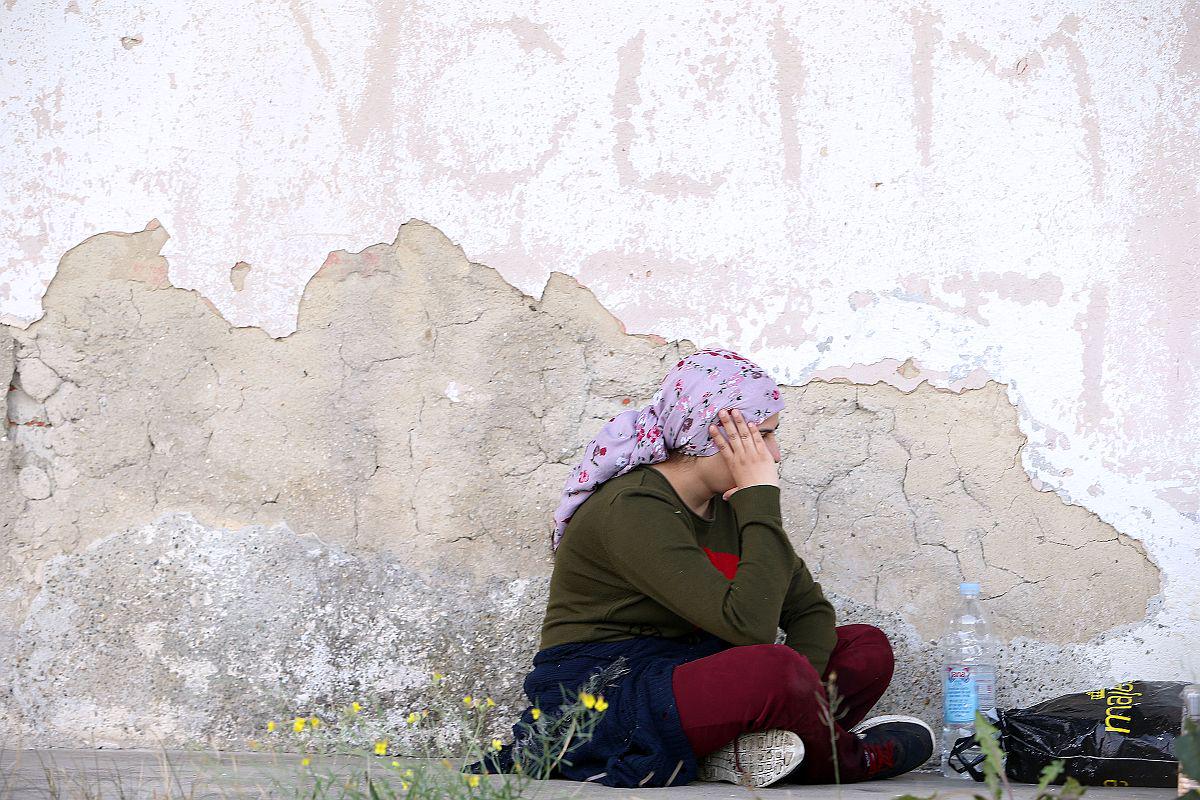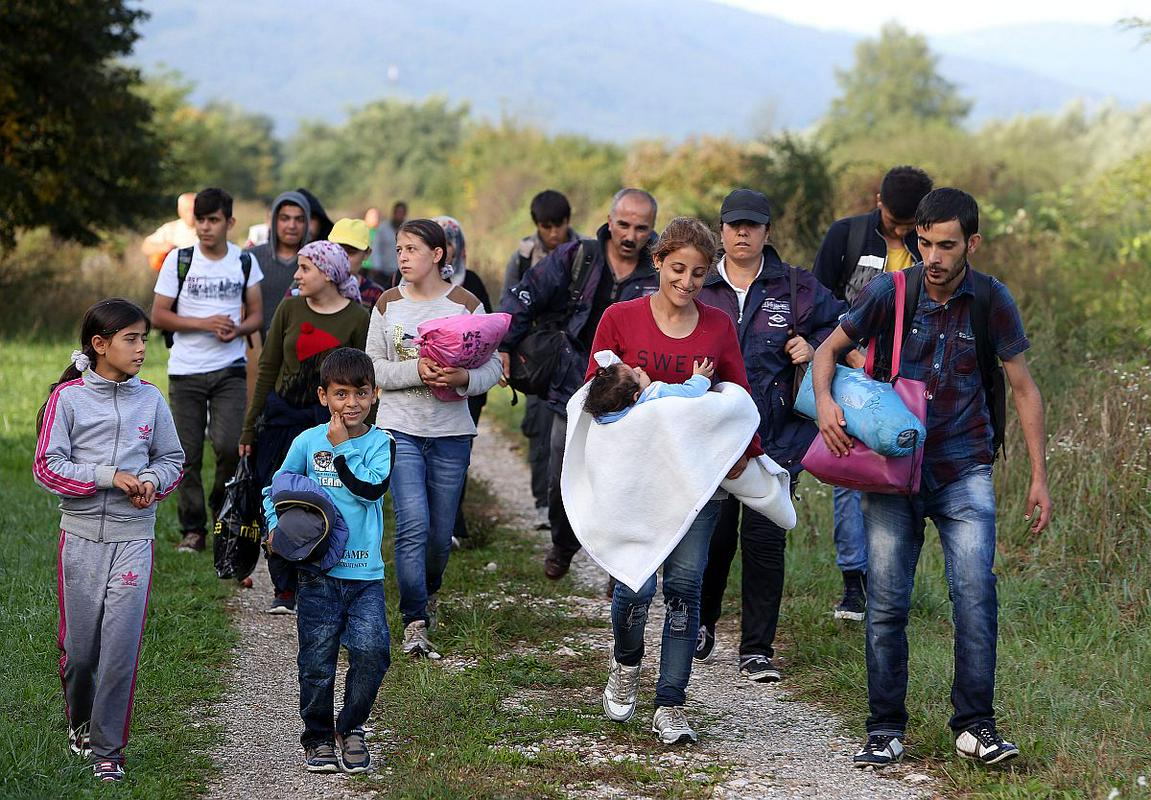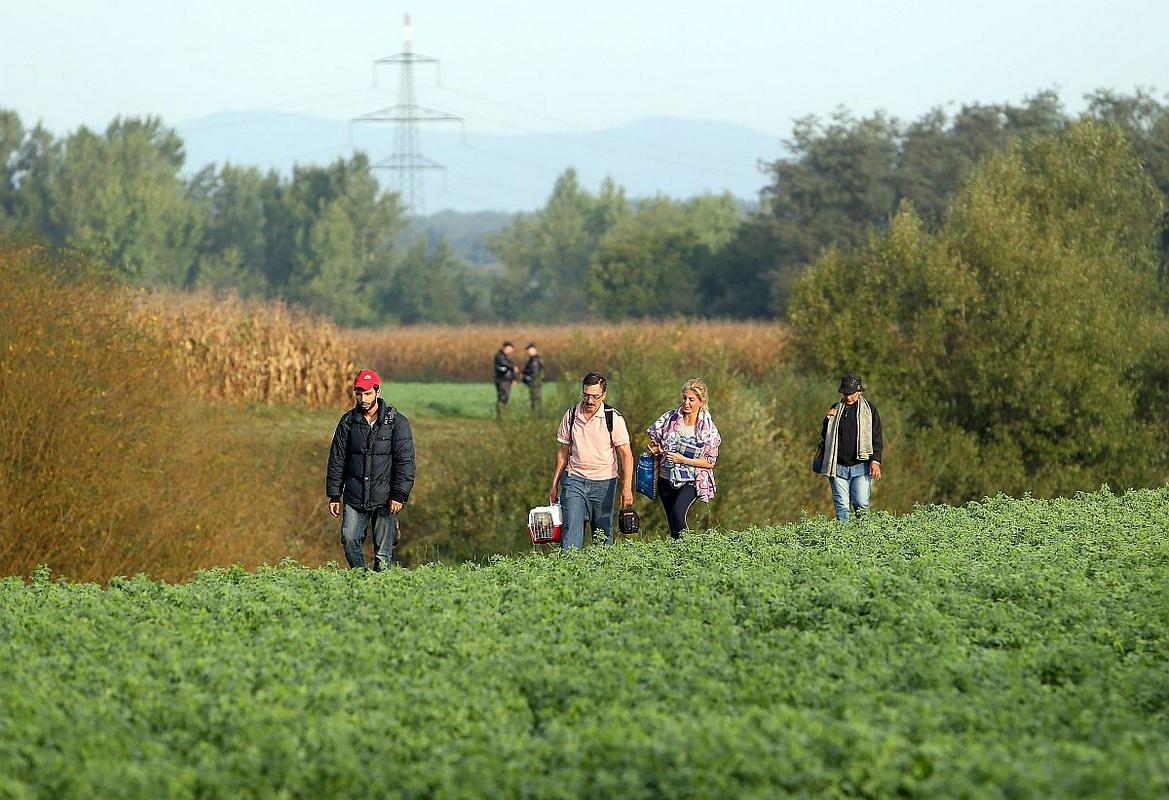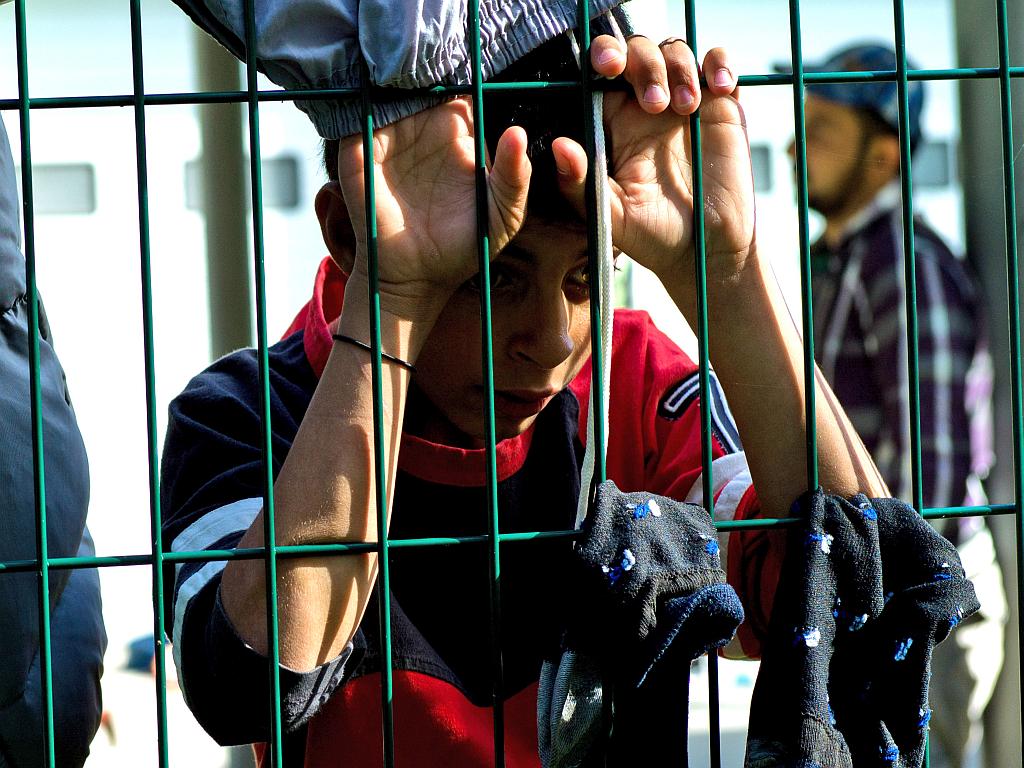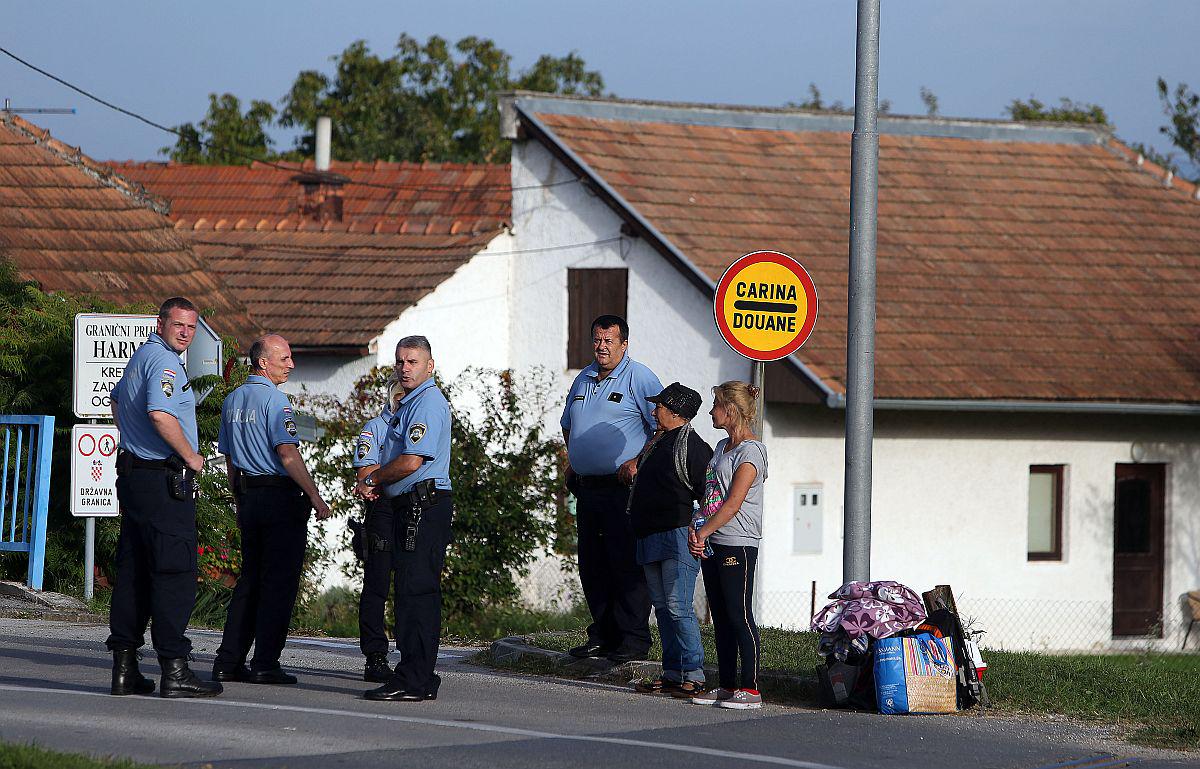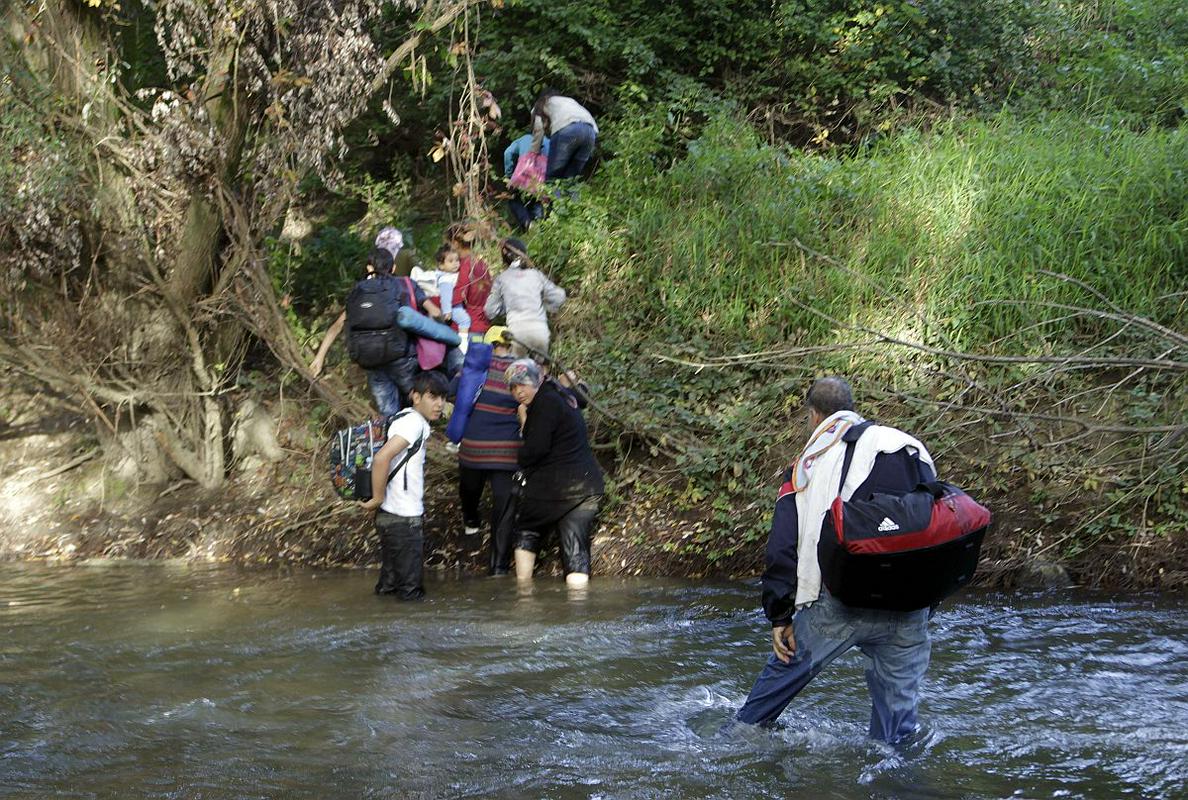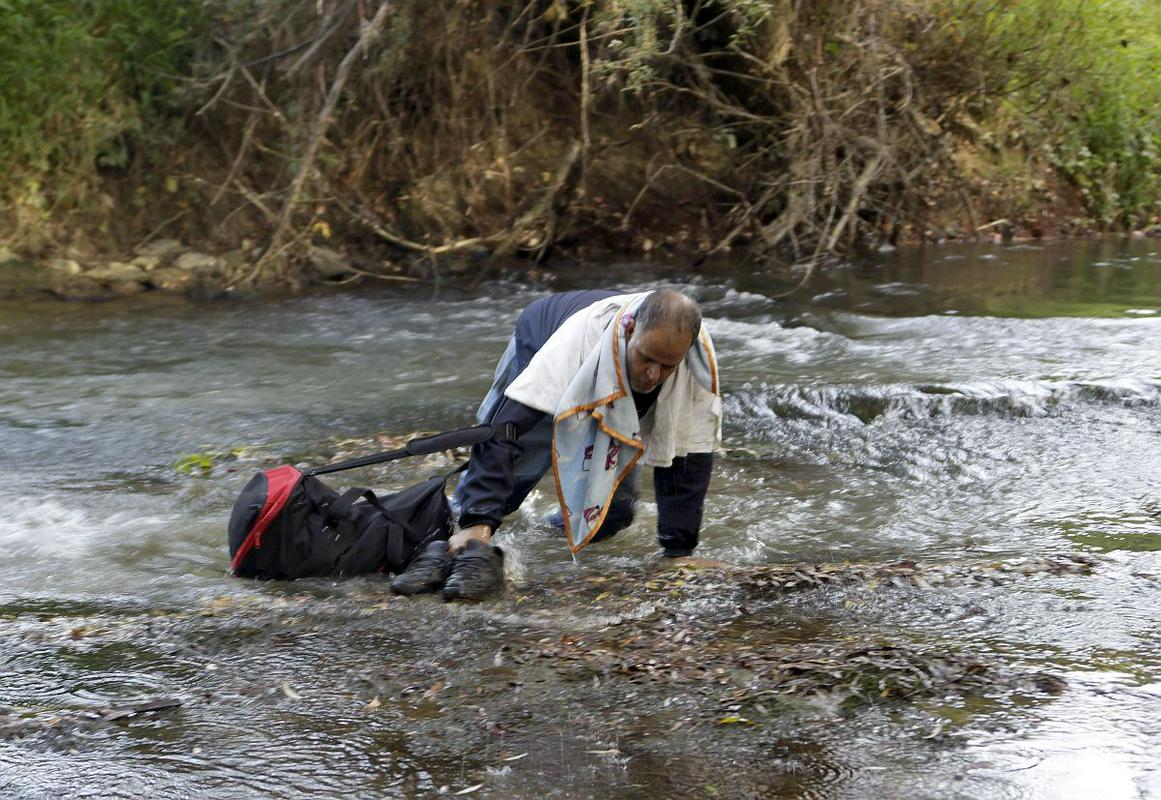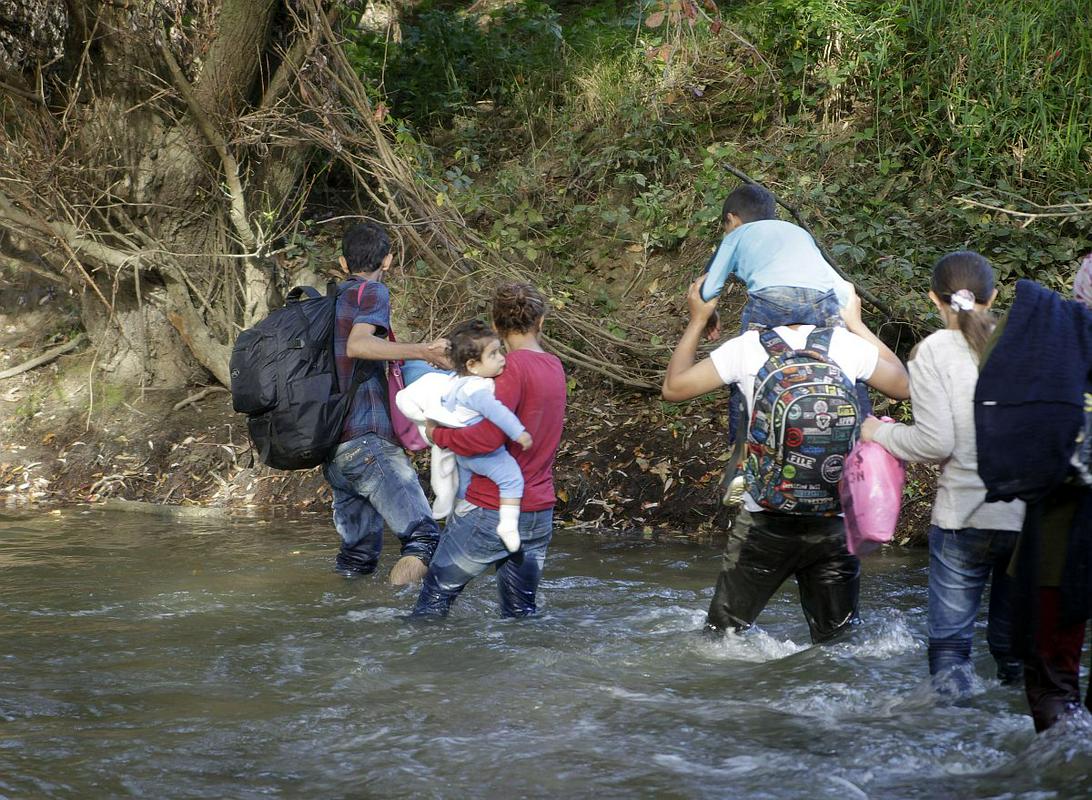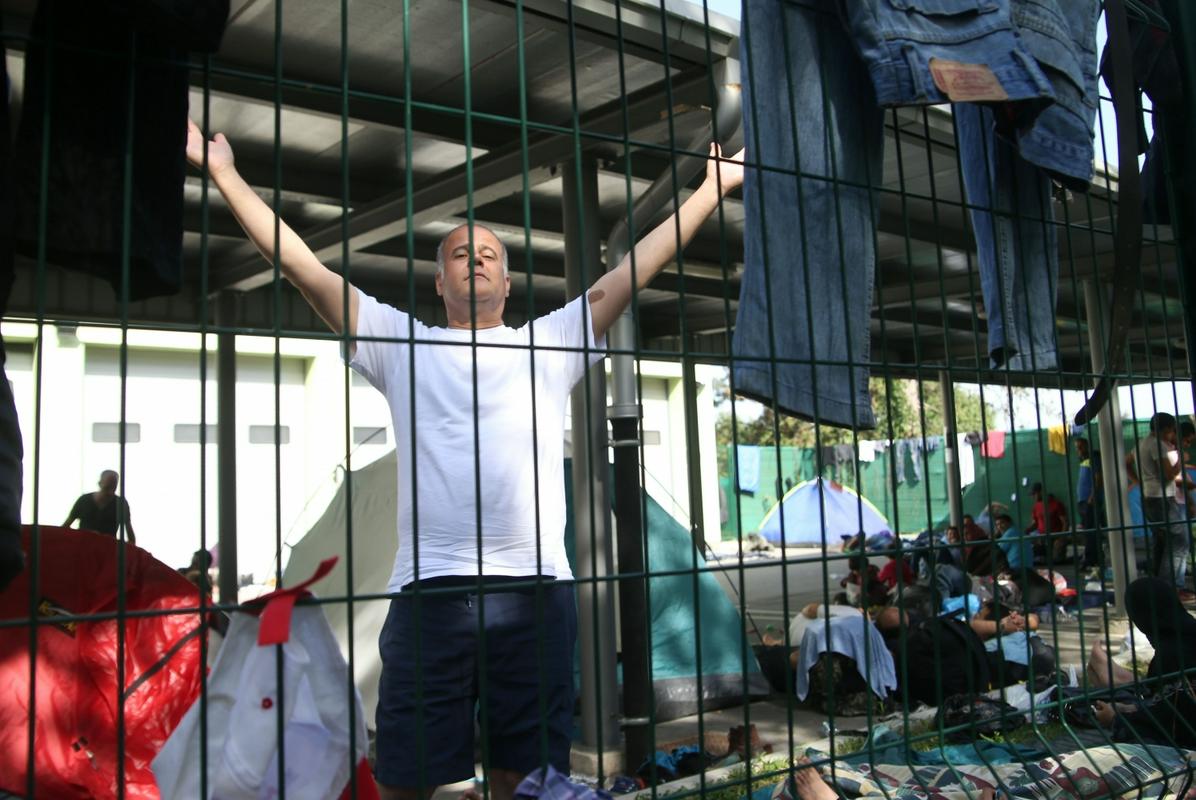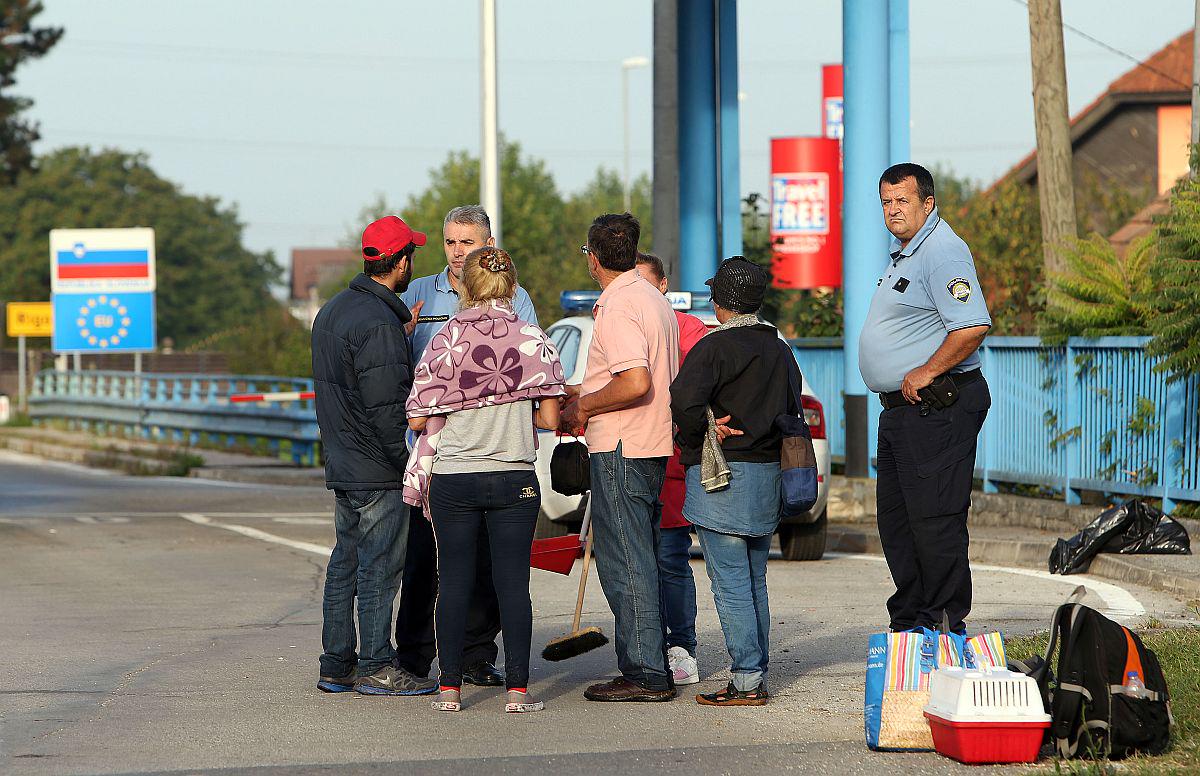
Slovenia's auxiliary police will mostly be engaged in securing the safe transport of refugees to accommodation centres, where they will also provide for order and security. State Secretary Boštjan Šefic stressed that the government was closely monitoring the situation and adapting to it. Slovenia's police has also activated its special units – a few tens of its members in the area around Brežice.
The ministry strongly reacted to Croatia's decision to stop registering migrants and offer them organized transport towards Hungary and Slovenia. Slovenia's government is deeply concerned because of the decision, says Šefic.
"Such an approach and method is not in accordance with any EU rules, let alone the rules of the Schengen system, which Croatia also wishes to join. Such an uncontrolled process represents a great challenge for Slovenia's authorities, especially the police," Šefic was critical towards Croatia's decision.
Slovenia will now have to additionally intensify its actions because of Croatia's decision. According to Šefic, it now appears that most of the burden will fall on the reception center in Brežice. New smaller groups of people, counting between 15 and 20 migrants, are already arriving in that area. Šefic added that other migrants are also arriving in Slovenia at other entry points.
According to unconfirmed information, in the next 24 hours around 1,000 people are expected to arrive in Slovenia, mostly from Zagreb, which means at Brežice, explained Šefic.
K. T., G. C., A. P. J., Al. Ma.; translated by K. J.




















































